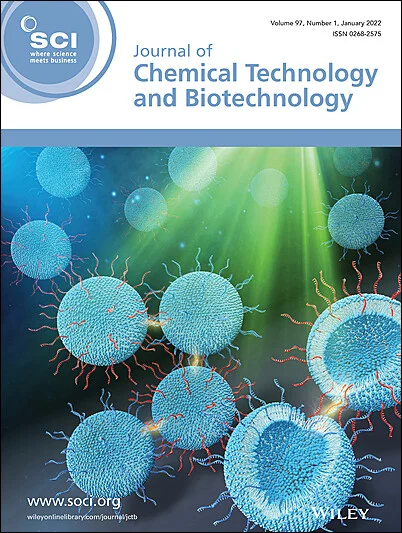Harnessing kānuka (Kunzea ericoides) subcritical water extract for food safety and odour neutralisation: an in vitro study
Abstract
BACKGROUND
Kunzea ericoides (kānuka) is a traditional medicinal plant with antibacterial properties due to enriched bioactive constituents. However, a limited understanding of its antimicrobial profile has constrained its applications in food safety and odour neutralisation. This study aimed to address this gap by investigating the antimicrobial activity of kānuka subcritical water extracts obtained at different extraction temperatures and times. The antibacterial efficacy of the extracts was assessed using the broth dilution method, focusing on application in food safety and odour neutralisation.
RESULTS
The extracts were effective against bacteria but not against fungal pathogens. Extracts obtained at higher temperatures were effective against Staphylococcus aureus (minimum bactericidal concentration (MBC) 1.2 mg mL−1, >160 °C) and Escherichia coli (MBC 7.5 mg mL−1 at 220 °C). The most potent extracts, obtained between 160 and 220 °C, demonstrated bactericidal activity against foodborne pathogens, Listeria monocytogenes, Bacillus cereus and Salmonella Typhimurium, with an MBC 7.5 mg mL−1 (>160 °C), 3.75 mg mL−1 (>160 °C) and 1.87 mg mL−1 (>180 °C), respectively. The MBC against odour-causing organisms was 1.87 mg mL−1 (>160 °C) for Kytococcus sedentarius and Brevibacterium linens.
CONCLUSION
The results indicated that the kānuka subcritical water extract contributed to antibacterial efficacy. Although specific bioactive concentrations were not measured in this study, the data suggest a correlation between extract composition and antibacterial activity. These findings support using kānuka extract as a potential antibacterial agent for food safety and odour control. However, further investigations are needed to understand the mechanism of action, stability of bioactive compounds and their synergistic effects with other natural extracts. These insights can broaden industrial applications. © 2025 The Author(s). Journal of Chemical Technology and Biotechnology published by John Wiley & Sons Ltd on behalf of Society of Chemical Industry (SCI).


 求助内容:
求助内容: 应助结果提醒方式:
应助结果提醒方式:


